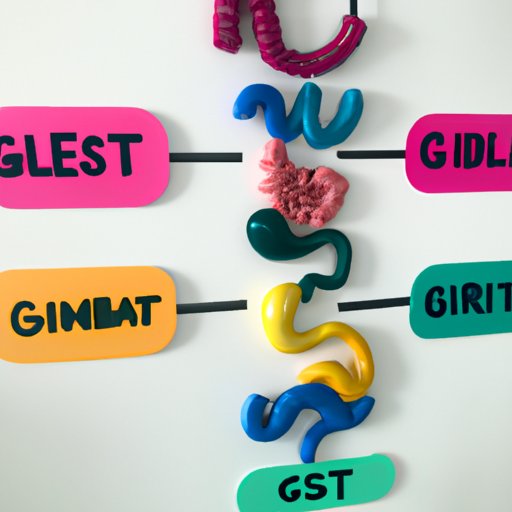Introduction
The digestive system is an intricate network of organs that work together to break down food into usable energy for the body. It consists of various organs, including the mouth, esophagus, stomach, small intestine, large intestine, and anus. These organs are connected by tubes called tracts, which move food through the system and absorb nutrients.
Digestive Enzymes
Enzymes are proteins that help to break down food particles into smaller molecules that can be absorbed by the body. They are released in the mouth, stomach, small intestine, and pancreas, and they work to break down carbohydrates, fats, and proteins. There are three types of digestive enzymes: amylase, lipase, and protease.
Stomach
The stomach is a muscular organ that stores and digests food. It produces hydrochloric acid to break down food particles, as well as mucus to protect the lining of the stomach from the acid. The stomach also releases hormones that regulate digestion and appetite.
Bile
Bile is a fluid produced by the liver that helps to break down fats in the small intestine. Bile is stored in the gallbladder and released when needed. It emulsifies fats, making them easier to digest.
Small Intestine
The small intestine is the longest part of the digestive system and is responsible for the absorption of nutrients. Nutrients are absorbed through tiny projections on the walls of the small intestine called villi. The small intestine also secretes hormones to regulate digestion and blood sugar levels.
Large Intestine
The large intestine is the final part of the digestive system and is responsible for waste disposal. It absorbs water and electrolytes, and bacteria in the large intestine break down undigested food particles. This process produces short-chain fatty acids, which are absorbed and used as energy.
Common Disorders
There are many common disorders related to the digestive system, such as irritable bowel syndrome, ulcerative colitis, Crohn’s disease, and gastroesophageal reflux disease. Symptoms of these disorders can include abdominal pain, bloating, gas, nausea, vomiting, and constipation. Treatment options vary depending on the disorder, but may include medications, lifestyle changes, and surgery.
Conclusion
The digestive system is a complex network of organs that work together to break down food into usable energy for the body. Enzymes play an important role in breaking down food, while the stomach, small intestine, and large intestine are responsible for storage and absorption of nutrients. Common disorders related to the digestive system can cause discomfort and interfere with normal functioning. To help maintain digestive health, it is important to follow a balanced diet, exercise regularly, and avoid processed foods.
(Note: Is this article not meeting your expectations? Do you have knowledge or insights to share? Unlock new opportunities and expand your reach by joining our authors team. Click Registration to join us and share your expertise with our readers.)
